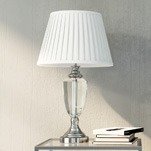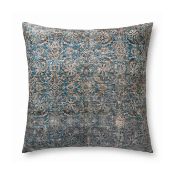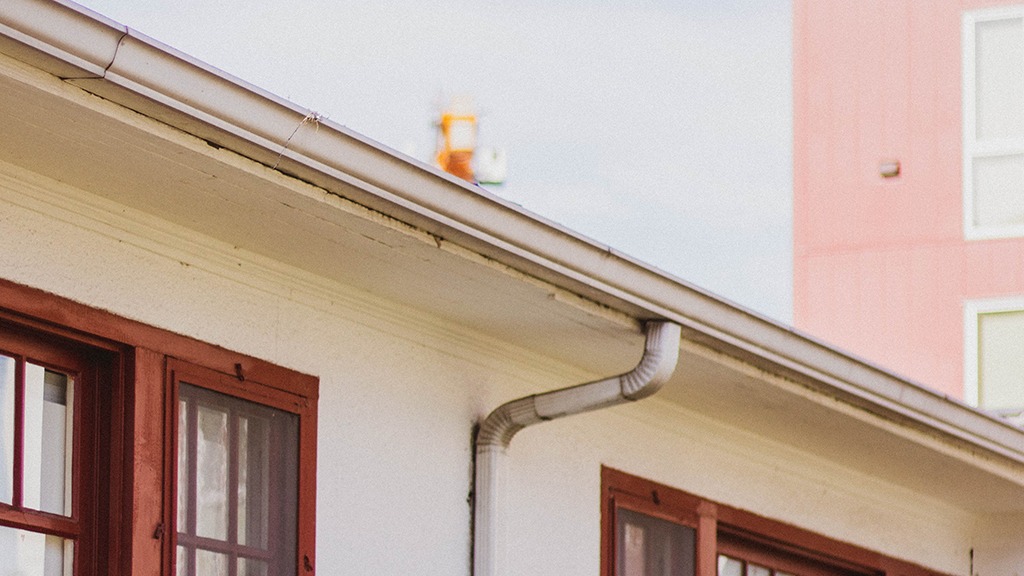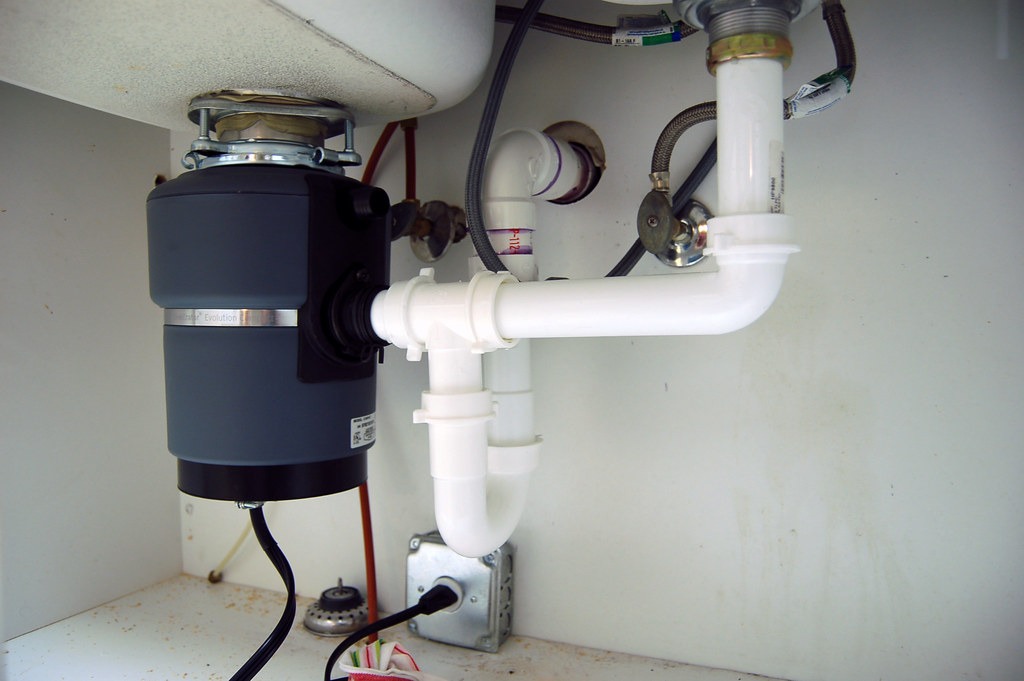We love to watch our gardens grow. Unfortunately, so do slugs. Slugs can be a real pest in a garden and devour young seedlings or eat the leaves off your plants in a few hours.
Luckily, slugs are not invincible and there are many natural products that will rid your garden of these slimy intruders for good. Chances are you have several products in your kitchen that will turn away slugs and not harm your growing plants.
What Are Slugs?
A slug is a gastropod, which is Latin for stomach-foot, a name that suits them well. These tiny creatures eat as they slide about and will consume vegetation on their quest for rotting plants and vegetables - their favorite.
A slug can lay up to 36 eggs several times a year. They grow to adulthood in about six weeks, and under ideal conditions, can live up to six years. They will continue to grow and can achieve a maximum length of 10 inches. They have insatiable appetites and feed mostly at night. They love dark, moist spots, which is why you see more of them after it rains.
As destructive as they are to growing plants, slugs do play an important ecological role by consuming decomposing matter. So, step one, is keeping dead leaves and rotting vegetables out of your garden. Once you’ve closed the slug’s dining room by removing the rot, there are several natural, non-toxic products to consider. These will act as detour signs to keep slugs moving and away from your garden.
Coffee Grounds
Slugs hate caffeine. Sprinkling coffee grounds 360 degrees around the perimeter of plants is enough to ward off slugs. Coffee grounds also make great fertilizer, improve drainage, and attract beneficial creatures such as earthworms.
Eggshells
Slugs don’t like sharp things. Because they have to slide across the ground, anything even the tiniest bit sharp or rough will stop them in their slimy tracks. Eggshells are like broken glass to a slug. If using eggshells as a deterrent, they have to be clean and dry. Eggshells are only effective when they are dry. After it rains, you will need to put out new eggshells. Just make sure the ground is dry again. The old eggshells can be left to act as fertilizer.
Diatomaceous Earth
Diatomaceous earth is made from the sharp, skeletal remains of microscopic organisms. This magical powder lacerates many soft-bodied pests, causing them to dehydrate and die. You can sprinkle the powder on and around your plants. The powder can irritate your eyes and lungs so be careful not to go to crazy with it.
Make sure you are using food-grade diatomaceous earth and not pool grade, which has smoother edges and is less effective. You can purchase diatomaceous earth in health-food stores or buy it online.
Beer Trap
Slugs are attracted to the fermented yeast in beer. A beer trap works to distract slugs from going after your plants. Bury a plastic container such as a cottage cheese or yogurt cup in the ground away from your plants. Fill the container with beer to within an inch of the rim. It is best to set this trap in the evening when slugs are most active.
When the slugs smell the beer, they will crawl towards the cup, fall in, and drown. Check the cup in the morning and dump out the bodies. Dead or alive slugs are good for compost. The live ones tend to stay put and help break down the rotting matter. Dead slugs are full of protein and will add to the compost.
Hair
The next time you comb your dog or sweep up cat hair, save it. Slugs don’t like the texture of hair. Put clumps of it around your plants. Besides deterring slugs, the hair has the scent of predatory animals, which will keep bigger creatures away.
Corn Meal
For some reason, slugs love corn meal, but it doesn’t like them. Slugs will snack on corn meal if they find it. Make small piles of it away from plants. Once consumed, the corn meal expands in their stomach and kills them.
You may not find the bodies. It will diminish the holes that seem to magically form in your plant's leaves overnight.
Pine Needles
You probably don’t have pine needles in your kitchen, but it you live near pine trees, finding pine needles should be easy. Pine needles can be used like mulch around plants. Pine needles are acidic and pointy - two things that slugs do not like.
Make a Barrier
There are certain plants that slugs dislike due to their smell: mint, chives, garlic, foxgloves, fennel, and geraniums. Locate these plants around the edge of your garden or in with your vegetable plants to keep slugs away. These plants also discourage Japanese beetles. When harvest time comes, you’ll have garlic.
Slimed?
A slug moves by contracting and relaxing its body. Because its underside is very soft, it secretes mucus or slime to slide along. As it passes over water, the slime becomes more effective, allowing the slug to move faster and farther. This is why slugs come out when it rains. The world becomes their slip-and-slide playground. Under dry conditions, slugs need to produce a lot of slime, which can result in their dehydration and death.
If you get slug slime on your hands, don’t panic! It won’t hurt you. Trying to wash off the slime with water will just result in more slime. Use a dry rag to remove the slime or rub your hands together. The slime will dry, and you can roll it into a ball and throw it away. White vinegar is also fairly effective for removing slime.
Ecological Benefits
Aside from wreaking havoc in a garden, slugs do serve a purpose. They can clear the ground of dead and dying matter, allowing new plants to grow and flourish. They also spread seeds as they slide along, which helps to keep the planet green.
Plant garlic, sprinkle coffee grounds, save your eggshells, and do whatever you can to rescue your plants. These tiny-eating machines are just doing what nature created them to do, but unless you take precautions, they can devastate your crops.




























